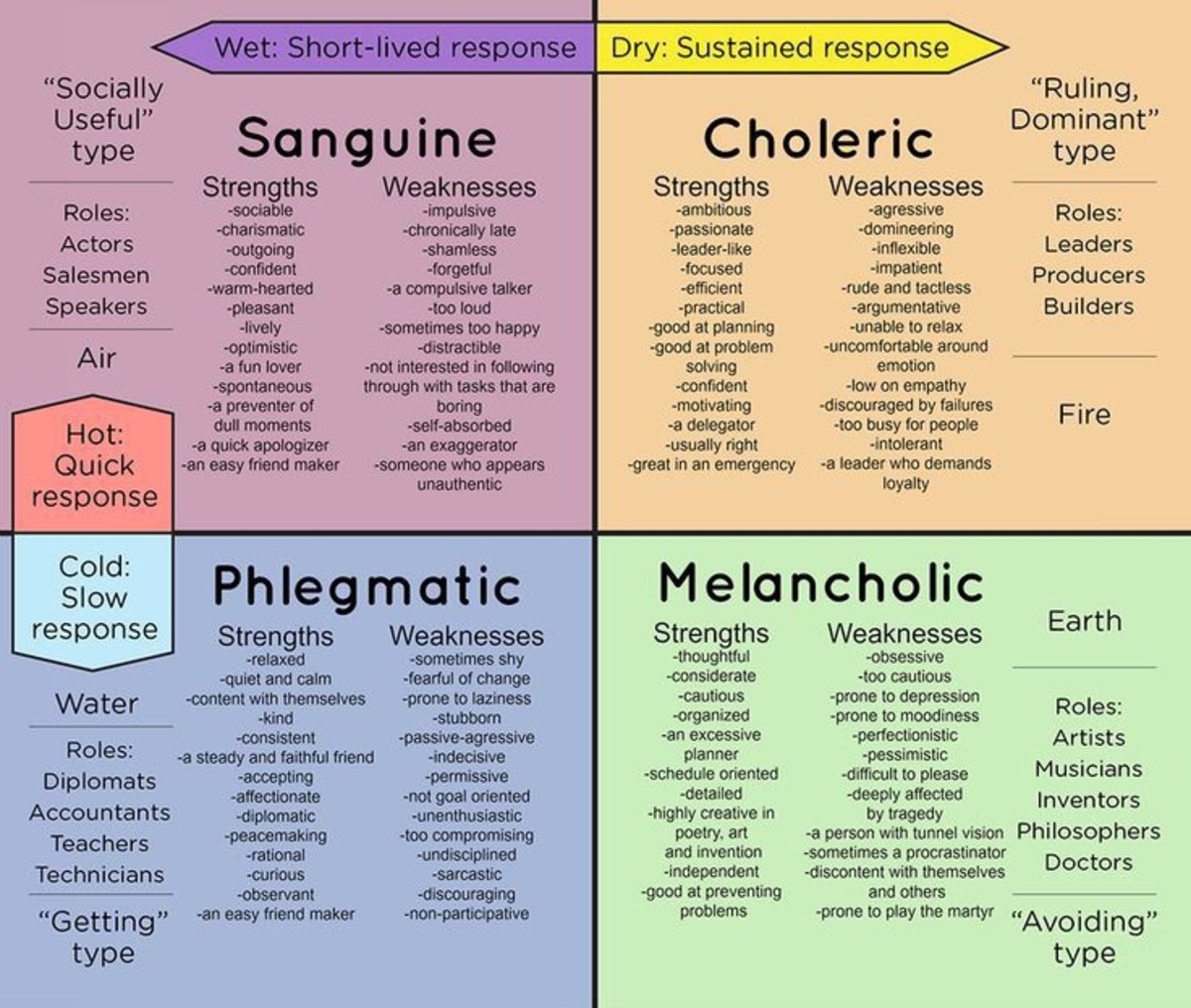How To Deal with a Jealous Partner
Love is the Meaning of Life
Love and relationships are probably the most important and unique aspects of human existence. Almost everything we do, we do in order to secure and stabilize our relationships. Thus, when we feel threatened in our relationships we end up jealous, insecure, upset, and just a little crazy. This is because our bodies know just as well as our hearts and minds that everything depends on our relationships, from our own personal fulfillment to the survival of the species, and responds accordingly.
That said, it's no fun to be on either end of jealousy. We hurt, the people involved with us hurt, and all around things get miserable. How to deal with such a thing?
Identify the Cause
Understanding why we or our partners are jealous goes a long way towards dealing with jealousy. While people and situations are unique, there are certain themes to jealousy, and if we can understand the theme we can start to figure out how to cope.
- Insecurity: You or your partner has an experience or starts thinking about issues that feel threatening to the relationship as a whole. This can result in neediness followed by emotional attacks and outbursts when the person who is feeling insecure feels their needs aren't being addressed.
- Inadequacy: You or your partner feels like they don't measure up in some way. This can be sexual, emotional, intellectual, financial...essentially any of the ways we tend to compare ourselves to each other and make judgments.
- Possessiveness: However immature it may be, we sometime like to feel as though our partners are our property. We think of them as "ours" and when we feel that someone or something is trespassing on "our" territory, we get upset.
Once we know what theme we or our partner are in, we can address the issues.
Be Honest
Sometimes, however nasty jealousy can be, it's justified. In order to deal with jealousy, you need to take a real hard look at the situation and ask yourself if the facts actually justify the feelings. If your relationship is unstable, if you are treating them like they don't measure up in comparison to someone else, then you need to ask yourself why. It might be that your relationship really needs some extra work or that you have been less than honorable. If this is so then those issues need to be addressed. After identifying the theme and cause of jealousy, you need to ask whether that jealousy is actually rational, and if so address those causes.
Be Real
That said, it is also true that people get jealous for irrational reasons or no reason at all. Feelings of insecurity or inadequacy are very strong and keyed into our survival instincts. Once they get set off, we feel like the sky is falling, and it can be very hard to control those feelings.
Solving the Problem
Now that the problems have been identified, they need to be dealt with. This can be accomplished by the following, though this is just one method:
- Set up a safe time and space to discuss the issues with your partner. A private, unthreatening, and neutral space like the living room is a good place to start. Set aside plenty of time so that neither of you feel pressured. Be aware that there may be long periods of silence where one or the other of you is trying to figure out how to talk about some very difficult feelings.
- Bring up the jealousy and the effects it has had. Address the theme or themes and the events and thoughts that led to them. Remember that feelings are not rational nor do they respond to argument. It is not necessary to justify feelings, and it is unfair for us to demand that other people justify their emotions.
- If the issue is insecurity, brainstorm together about what can be done to make both of you feel like your relationship is secure. When you come up with things you can both agree with, implement them. These things can be purely symbolic and emotional, and this makes sense. In reality, no relationship is any more secure than the people involved feel it is. Life can throw us a lot of curveballs, but as long as we feel secure in our relationships, we are secure in our relationships.
- If the issue is inadequacy, address the things you are doing that make the other person feel inadequate. If you are always insulting them or treating them like they aren't very important to you, then you need to change what you are doing. Sometimes, they may even think things are important to you that aren't, and may feel inadequate about something you don't care about. Communication and honesty about expectations combined with an honest look at the messages we send each other with our actions can make sure we feel adequate, wanted, and loved.
- If the issue is possessiveness, then you need to look at how you are both behaving that helps contribute to an attitude of "ownership" towards the other person. No one owns anyone else, and that means that people's interest, time, and energy is their own. As children we are taught to share the toys and that we aren't the center of the universe, but then we spend our adolescence and adulthood acting as if the one place we still get to act like babies is in our relationships, the place we need to be more mature than any other. If you or your partner is flipping out because life exists beyond your relationship, then someone has some growing up to do.
- Once you have figured out where the issues are and where they can be addressed, make a commitment to follow through on what you have decided and set a time to meet up in a couple weeks and see how it is working.
Tips for Keeping Things Sane
- Sit beside each other facing the same direction. This avoids an atmosphere of battle.
- Hold hands or cuddle a bit while discussing things that make you upset. It is very hard to feel angry or threatened when our body is receiving the message that we are loved and safe.
- Avoid language that is unfair, exaggerates, or reinforces attitudes of ownership. Eventually both of you can edit such language out of your speech. You will be amazed at how much how we talk to each other will affect how we feel about each other.
Conclusion
Jealousy is no fun for anyone in the situation. No one likes to feel insecure or inadequate. The good news is that some agreements and work can go a long way towards insuring that no one has to feel this way. Good luck!






